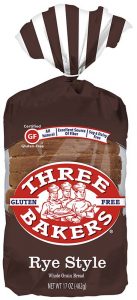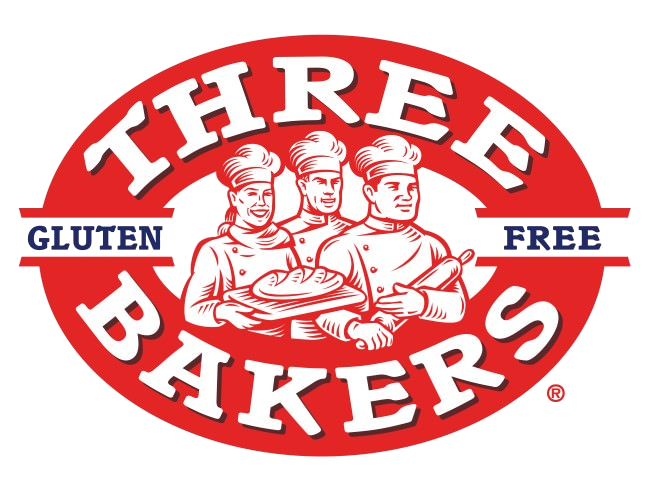- BY Susan Tucker
- POSTED IN Gluten-Free Food, Information
- WITH 0 COMMENTS
- PERMALINK
- STANDARD POST TYPE

There are currently three different grains that are considered to be gluten-based and they should be avoided by people who are either sensitive to gluten or have diagnosed Celiac disease. These three grains are wheat, barley and yes, rye. There are different variations of these grains. For example, Kamut, triticale, and spelt are variations of wheat and these should all be avoided as well. Rye contains a protein that is called secalin and it is a form of gluten that can cause a number of those unwanted and uncomfortable symptoms that come along with eating gluten such as bloating, cramping, gas, diarrhea, nausea, irritable bowels and more. Rye isn’t quite as prevalent as wheat is, luckily. Other than a loaf of Rye bread, you usually won’t see rye in many other products whereas wheat is rather prevalent.
So, Is Rye Gluten Free?
How Do You Identify Rye?
 Unfortunately, there are no current laws that require companies to place a gluten warning on their products. Many companies opt to do so as a convenience to their customers but if you want to know if there is rye in a product then you will have to read the label to find out more. While wheat has a number of different forms and names that you have to watch out for, rye is much easier to pick out. Rye will be listed with that name or it can be listed by its Latin name: Secale. There is a hybrid of rye that has recently been used in a few different products and it is called triticale. You should avoid this ingredient as well.
Unfortunately, there are no current laws that require companies to place a gluten warning on their products. Many companies opt to do so as a convenience to their customers but if you want to know if there is rye in a product then you will have to read the label to find out more. While wheat has a number of different forms and names that you have to watch out for, rye is much easier to pick out. Rye will be listed with that name or it can be listed by its Latin name: Secale. There is a hybrid of rye that has recently been used in a few different products and it is called triticale. You should avoid this ingredient as well.
Gluten Free Bread Alternatives
If you are avoiding rye then you are probably trying to find another bread alternative as a replacement. There are a number of great gluten-free bread manufacturers that are producing bread products that are made from completely gluten free ingredients. They are usually based off of alternative flours made of rice, corn, and sourdough. The texture is typically a bit different and it may take some getting used to, but gluten free bread can be a great replacement for traditional sandwich bread or it can be used in a variety of recipes.
If you are new to the gluten free world either because you have been diagnosed with Celiac disease, you have been diagnosed with gluten sensitivity or you simply have chosen to eliminate gluten from your diet to reap the potential health benefits of going gluten free, then it is important to educate yourself on gluten and find out answers to questions you may be asking such as is rye gluten free? That way you will be able to better avoid gluten in all of its forms and feel better.
Disclaimer: This information is not intended to treat, diagnose, cure or prevent any disease. All material provided on this Site is provided for information purposes only. Always seek the advice of your physician or other qualified health care provider with any questions you have regarding a medical condition, before undertaking any diet, exercise, other health program, or other procedure set out on this Site.


